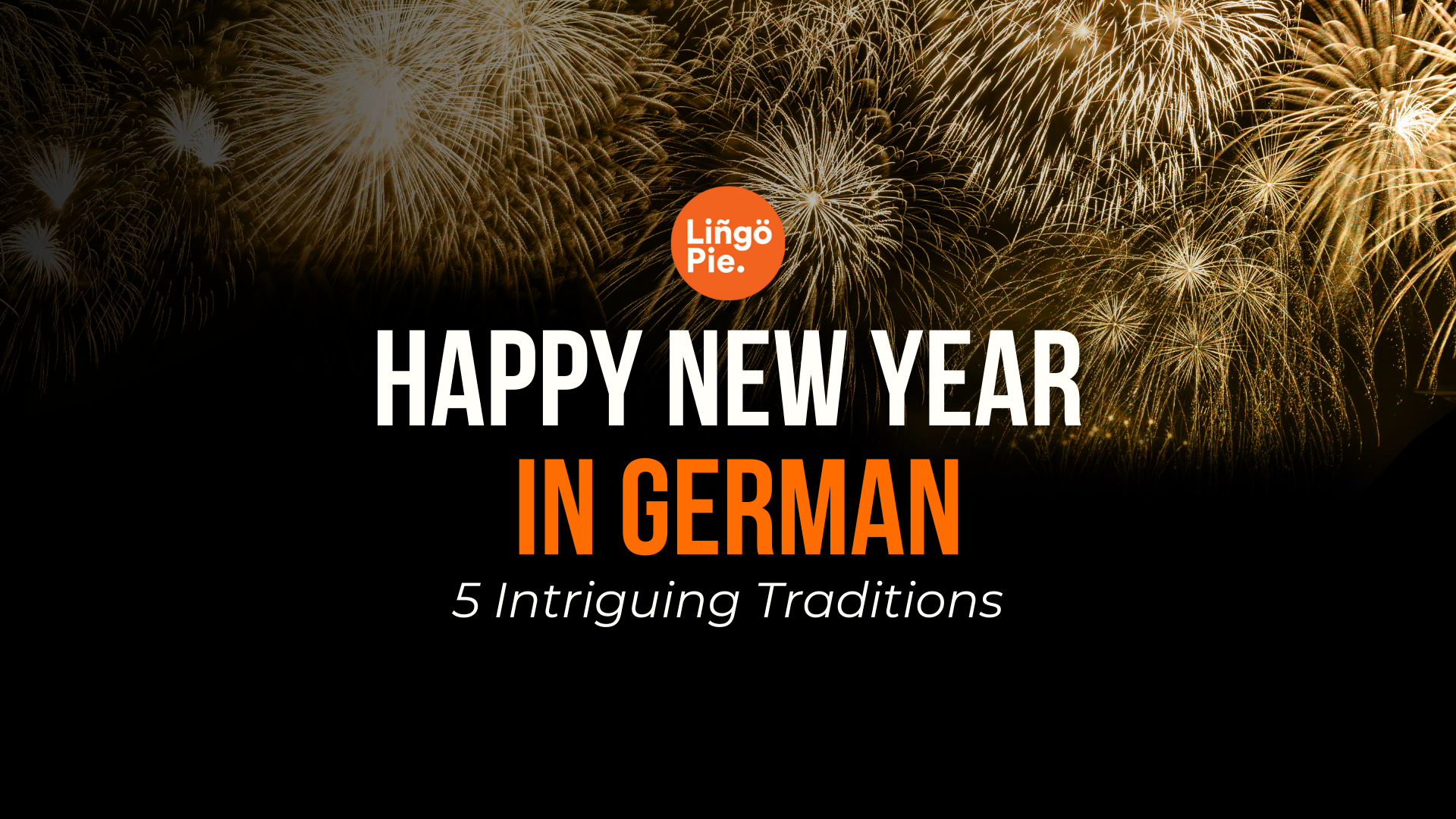Okay, let’s talk about this German New Year’s thing, “Guten Rutsch ins neue Jahr”. I remember the first time I heard it. I was working on a project with some folks from Germany way back, and as the year was ending, emails started popping up with this phrase. “Guten Rutsch”? My German was pretty basic then, mostly technical stuff, so I plugged it into a translator. “Good slide”? I thought, what the heck? Are they wishing me a slippery accident?

It genuinely confused me for a bit. I mean, “slide into the new year”? Sounded weird, maybe even a bit negative. So, I decided I had to figure this out properly. Couldn’t just ignore it, you know? It felt important if colleagues were saying it.
Digging into the ‘Slide’
I started by asking one of the German guys directly during a coffee break (virtual, of course). He laughed and explained it wasn’t literal like falling down. He told me it meant something like having a smooth, easy transition into the New Year. Like sliding into it effortlessly. That made a bit more sense.
Then I got curious and did some digging myself, just reading up on cultural bits online. Found out there are a couple of ideas where it comes from:
- One idea is exactly what my colleague said – thinking about sliding, maybe like on a sledge in winter, just smoothly moving from the old year to the new. Makes a nice picture in your head, I guess.
- Another theory I stumbled upon was that it might come from Hebrew, something about “Rosh” meaning “beginning”, like Rosh Hashanah (the Jewish New Year). Maybe it got mixed into German somehow? Sounded a bit less likely to me personally, but who knows? Language gets mixed up all the time.
Honestly, I preferred the simple “smooth slide” idea. It felt more folksy and understandable.
When to ‘Rutsch’ and When to be ‘Froh’
The next thing I learned was timing. You don’t really say “Guten Rutsch” after midnight strikes. That felt important. My colleague stressed this. Before the New Year hits, you wish people a “Guten Rutsch”.

Then, once the clock hits 12:01 AM on January 1st, you switch. That’s when you start saying “Frohes neues Jahr!” which is the straightforward “Happy New Year!” It’s like “Guten Rutsch” is for the journey, and “Frohes neues Jahr” is for the arrival.
So, I practiced this. Started using “Guten Rutsch” in my emails and messages leading up to December 31st. Then, on New Year’s Day itself, I made sure to use “Frohes neues Jahr”. Felt like I’d cracked a little cultural code, you know? It wasn’t just about knowing the words, but knowing how and when to use them.
Now, I actually quite like saying “Guten Rutsch”. It feels a bit warmer, a bit more unique than just “Happy New Year”. It’s got character. So yeah, that’s my journey with that phrase. Started with confusion, ended up using it every year. Just goes to show, sometimes the weird-sounding things have the nicest meanings.









